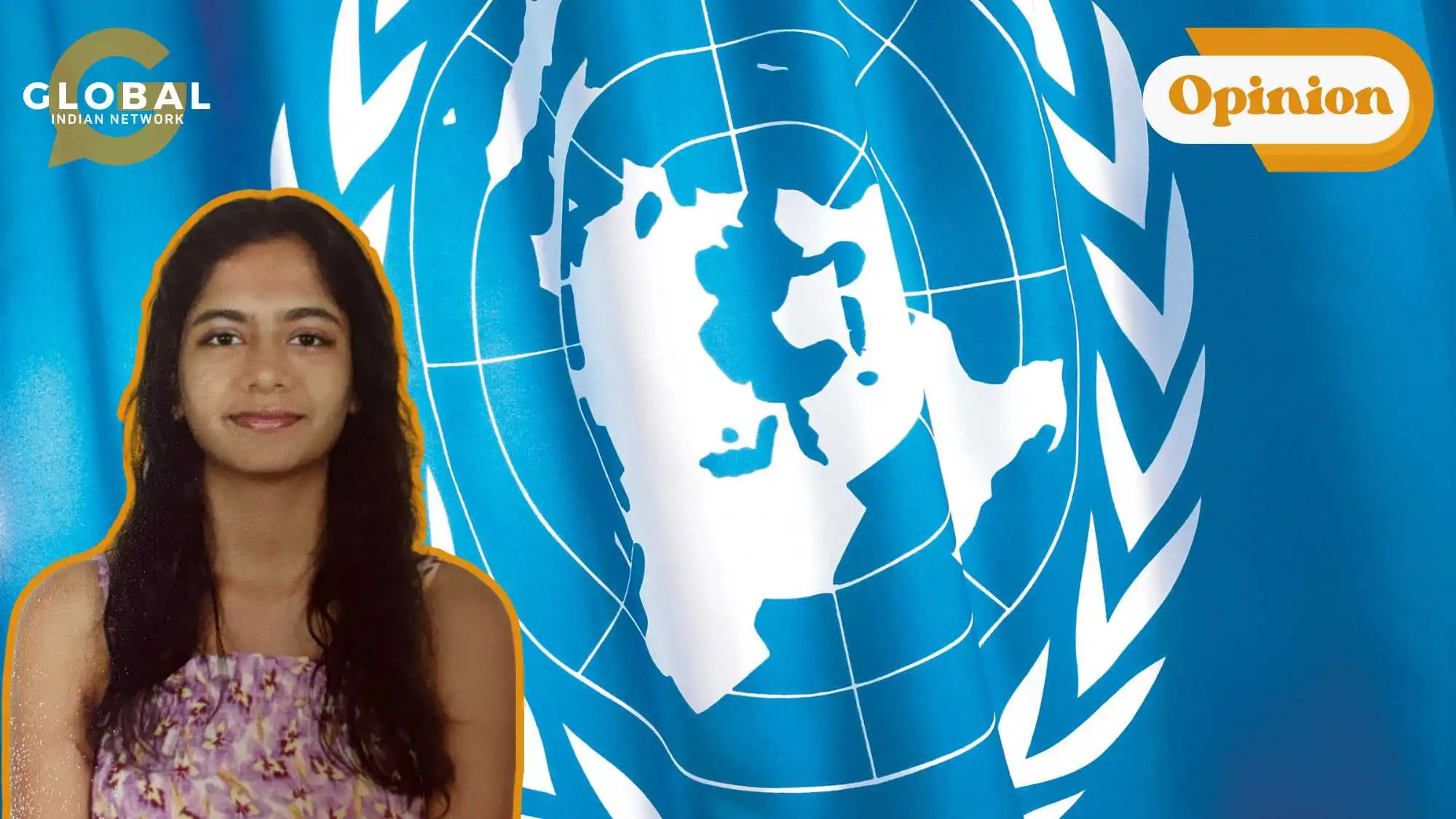The United Nations (UN) presents itself as the world’s foremost institution for maintaining peace and security. Since its establishment in 1945, it has been credited with numerous peacekeeping missions, diplomatic negotiations, and humanitarian efforts. However, a closer examination of its track record reveals an organization that is often ineffective, biased, and constrained by political interests. Far from being a truly peaceful institution, the UN has time and again failed to prevent conflicts, enforce its resolutions, and protect vulnerable populations from war and atrocities.
One of the UN’s primary objectives is to prevent armed conflicts. Yet, history is littered with examples of its failure to do so. The Rwandan Genocide of 1994, where approximately 8,00,000 people were slaughtered in just 100 days, remains one of the most glaring failures of the UN’s peacekeeping efforts. Despite clear warnings of impending violence, the UN hesitated to take decisive action, ultimately withdrawing troops rather than reinforcing them.
Similarly, the UN’s stance on the Palestinian genocide is disappointing, to say the least. Although it claims to uphold peace among countries, its utter failure to provide support to the Palestinians against the armed forces of Israel is shameful.

These failures are not anomalies; they reflect a systemic problem. The UN is often unable to act swiftly in crises because its decisions are subject to political negotiations and the veto power of the five permanent members of the Security Council. As a result, real action is blocked by geopolitical rivalries, rendering the organization toothless in the face of global conflicts.
Another major issue with the UN is its selective approach to conflicts. Some nations receive swift attention and international condemnation, while others are ignored. Again, this inconsistency can be due to the influence of powerful nations that shape the UN’s agenda to serve their own interests. For instance, the UN has imposed strong sanctions and military interventions in some cases, such as Iraq in 1991, while remaining passive in others, such as Israel-Palestine, Yemen, and Syria, where great powers have vested interests.
Further, the veto power allows the five members to block resolutions they disagree with, regardless of the humanitarian consequences. This has led to deadlock on critical issues, such as Russia’s invasion of Ukraine or China’s policies in Xinjiang. In these cases, the UN has been reduced to little more than a talking shop, issuing condemnations without the ability to enforce meaningful action.
Beyond its failures in conflict resolution, the UN has become an expensive bureaucratic entity plagued by inefficiency. With thousands of employees, countless committees, and a sprawling global presence, it consumes billions of dollars annually, much of which is spent on administrative costs rather than direct aid or peace efforts. Corruption and mismanagement have also tainted its credibility, with funds sometimes being misused or failing to reach those in need.

While the UN may have noble intentions, it has repeatedly failed to uphold its promise of global peace and security. Its inability to prevent conflicts, the scandals surrounding peacekeeping missions, selective intervention, and bureaucratic inefficiency undermine its credibility as a peaceful organization. Rather than being an effective force for global stability, the UN often functions as a powerless bystander, unable to act decisively in the face of war and injustice. If it is to be truly effective, it must undergo significant reforms-otherwise, it risks being nothing more than a symbol of failed diplomacy rather than a genuine force for peace.
Let us know your thoughts on the UN’s role in upholding peace around the globe in the comment section below. If you have any burning opinions or ideas to share, feel free to contact us at larra@globalindiannetwork.com.









